Search
Search Results

Article
Female Gladiators In Ancient Rome
Female gladiators in ancient Rome – referred to by modern-day scholars as gladiatrix – may have been uncommon but they did exist. Evidence suggests that a number of women participated in the public games of Rome even though this practice...
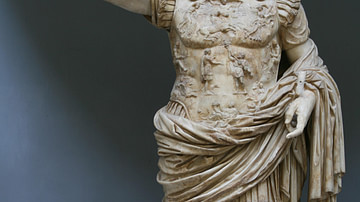
Article
Augustus' Political, Social, & Moral Reforms
Augustus is well known for being the first Emperor of Rome, but even more than that, for being a self-proclaimed “Restorer of the Republic.” He believed in ancestral values such as monogamy, chastity, and piety (virtue). Thus, he introduced...
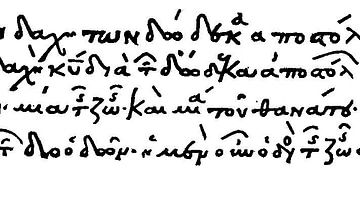
Article
The Didache: A Moral and Liturgical Document of Instruction
During the early years of Christianity, many of the church leaders or "Fathers" wrote down admonishments and instruction on what it meant to be a follower of Jesus as well as what liturgical ceremonies should be followed as a believer...
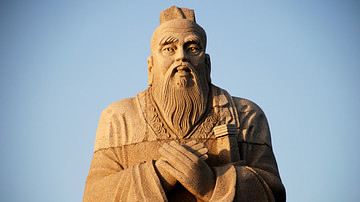
Definition
Confucius
Confucius (Kongzi) was a 6th century BCE Chinese philosopher. His thoughts, expressed in the philosophy of Confucianism, have influenced Chinese culture right up to the present day. Confucius is a larger than life figure and it is difficult...
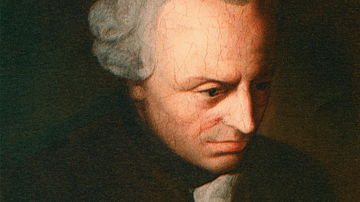
Definition
Immanuel Kant
Immanuel Kant (1724-1804) was a German Enlightenment thinker who is widely regarded as one of the most important philosophers of any period. His most famous works of critical philosophy include The Critique of Pure Reason, which challenged...
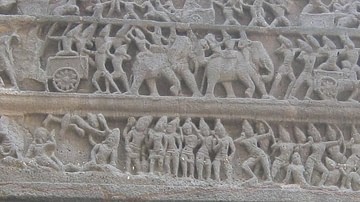
Article
Elephants In Ancient Indian Warfare
Elephants were used in the ancient Indian army, irrespective of regions, dynasties, or points in time; their importance was never denied and continued well into the medieval period as well. The ready availability in the subcontinent of the...

Definition
Great Fear
The Great Fear (French: la Grande Peur) was a wave of panic that swept the French countryside in late July and early August 1789. Fearful of plots by aristocrats to undermine the budding French Revolution (1789-1799), peasants and townspeople...
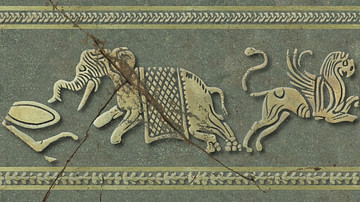
Article
Elephants in Hellenistic History & Art
Elephants were thought of as fierce and frightful monsters in antiquity, very real though rarely seen until the Hellenistic period. They were deployed on the battlefield to strike terror into the enemy, however, since fear was considered...
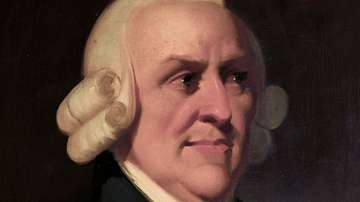
Definition
Adam Smith
Adam Smith (1723-1790) was a Scottish philosopher, economist, and leading Enlightenment figure. In The Wealth of Nations, he advocates free trade and limited interference in markets by governments, for which he is seen as the founder of liberal...
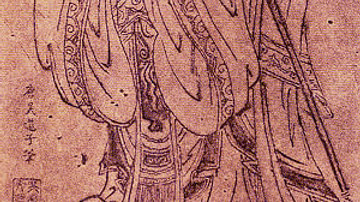
Definition
Ancient Chinese Philosophy
The term Ancient Chinese Philosophy refers to the belief systems developed by various philosophers during the era known as the Hundred Schools of Thought when these thinkers formed their own schools during the Spring and Autumn Period (c...